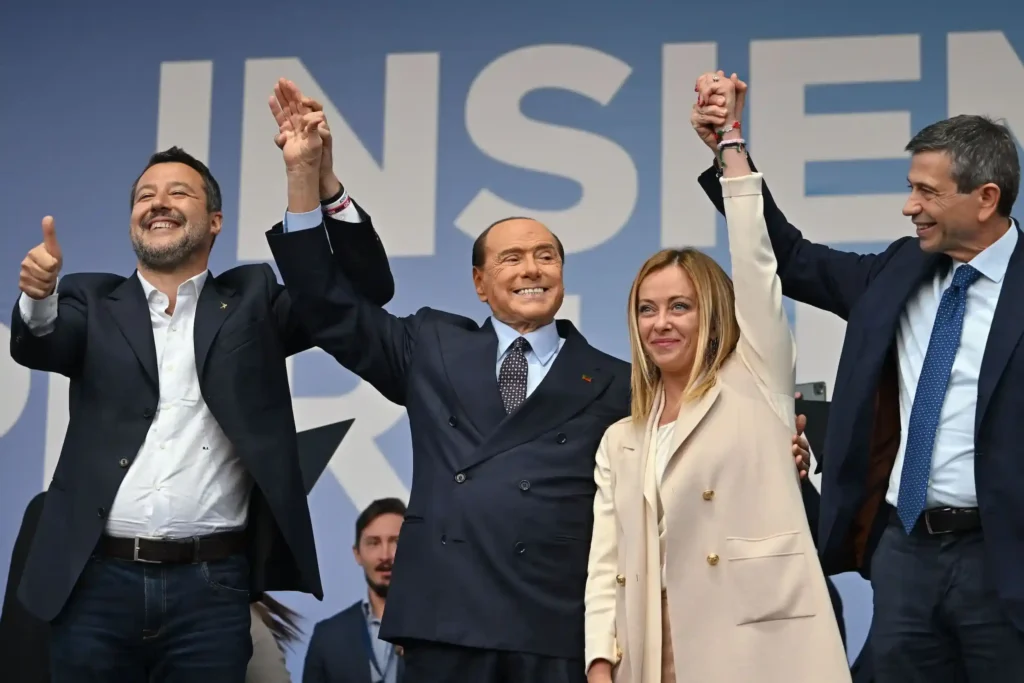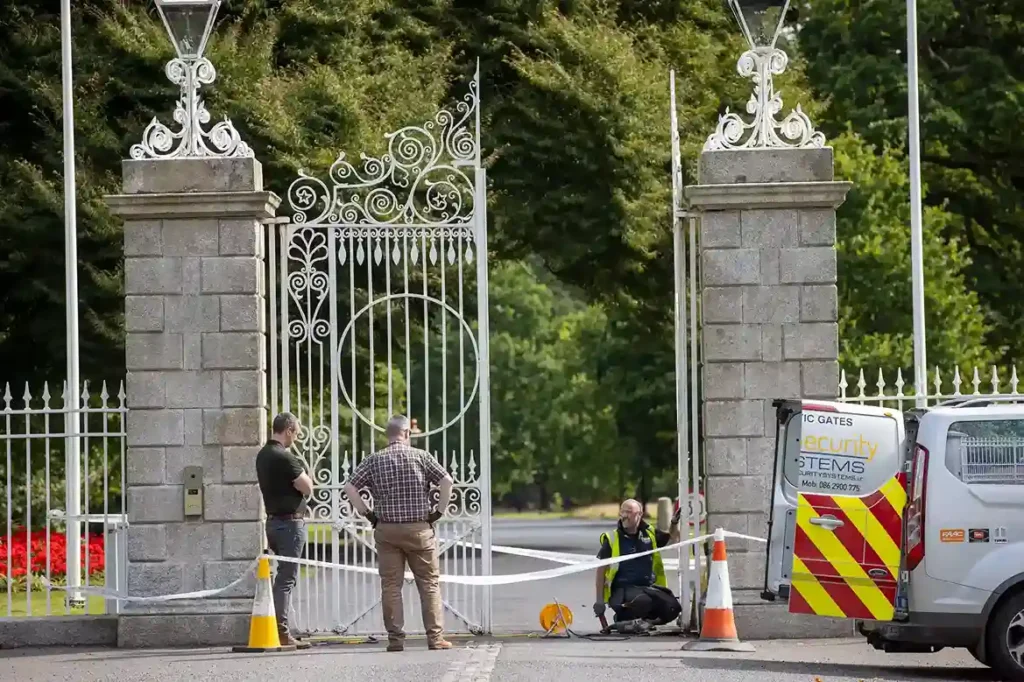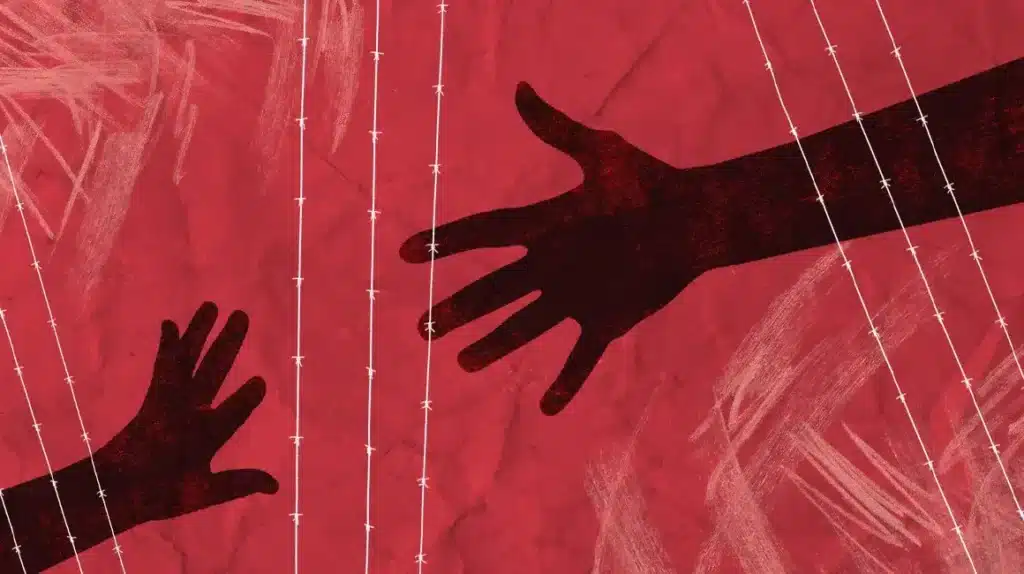France’s Snap Vote prompted by far-right resurgence in EU elections

Far-right parties across Europe made significant gains in the recent European Parliament elections, prompting President Emmanuel Macron to call for France’s snap vote, signalling a shift in the continent’s political landscape. The rise of far-right organisations has sparked worries about the future course of the European Union, even if centrist, liberal, and socialist parties are predicted to maintain a majority in the European Parliament.
(Also read Fianna Fáil and Fine Gael Tied as Over 80% of Council Seats Filled.)
President Macron’s decision to call for a parliamentary election comes after a disappointing outcome for his party, mirroring the challenges faced by German Chancellor Olaf Scholz, whose Social Democrats suffered their worst result ever. Italian Prime Minister Giorgia Meloni, however, saw her position bolstered with her arch-conservative Brothers of Italy group securing the most votes.
France’s Snap Vote Highlights Challenges Amid Far-right Gains in EU
The rise of far-right parties could potentially hinder the passage of crucial legislation addressing pressing issues such as security challenges, climate change, and global competition. The fragmented nature of these nationalist parties may influence their collective impact, depending on their ability to unite and collaborate effectively.

Despite the setbacks, the centre-right European People’s Party emerged as the largest political family in the European Parliament, providing stability amidst the shifting political landscape. Ursula von der Leyen, seeking a second term as head of the EU executive arm, emphasised the need to build a “bastion against extremes” while acknowledging the growing support for both left and right-wing ideologies.
The election results reflect voters’ concerns about rising living costs, migration, environmental challenges, and geopolitical tensions. While pro-European parties maintain a majority, the diminishing support for Green parties and the surge of far-right groups underscore the complex dynamics shaping Europe’s political future. As the continent navigates these challenges, the role of centrist forces in fostering unity and addressing citizens’ concerns remains crucial.
LATEST NEWS
DISCOVER MORE






